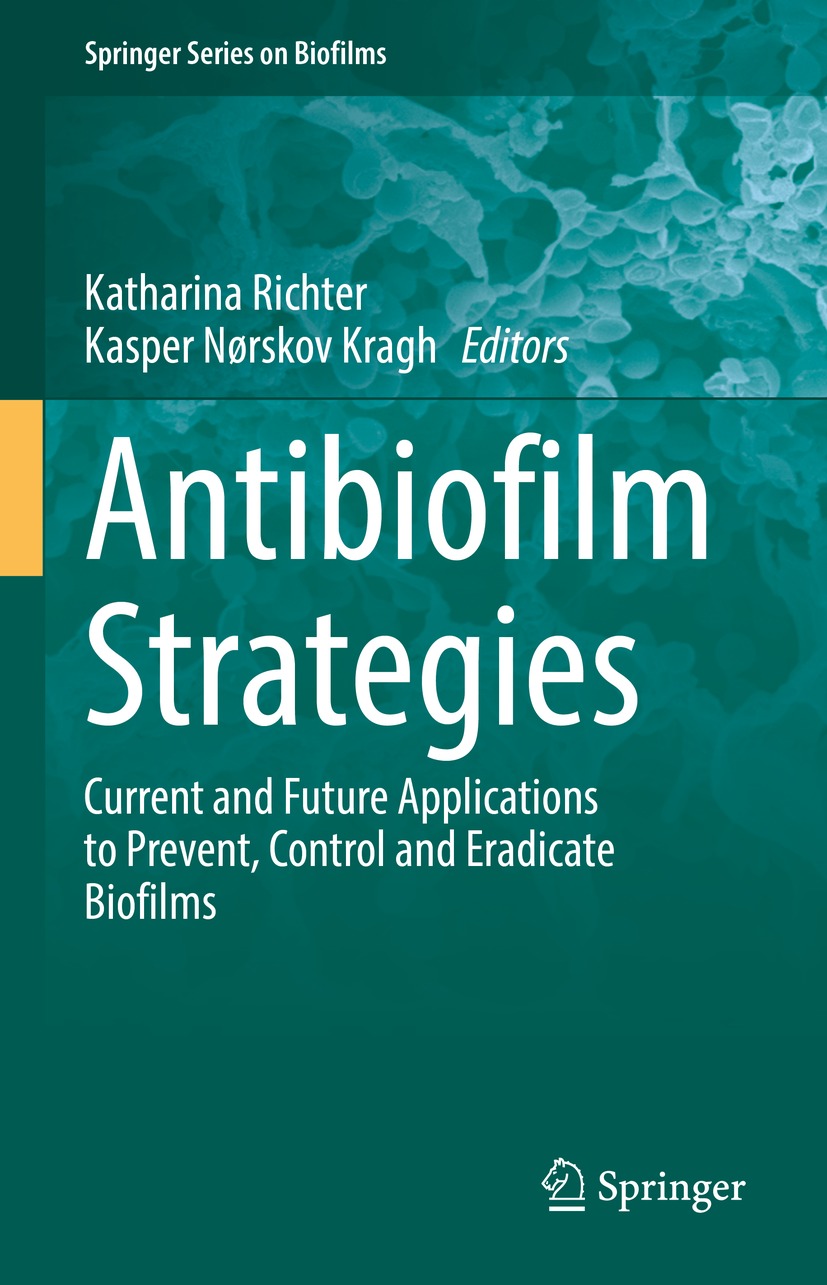There are a number of outstanding volumes that provide a comprehensive overview of bioconjugation techniques. However, many of the conventional approaches to the synthesis of chemically modified protein conjugates lack efficient means to control the stoichiometry of conjugation, as well as the s- cific site of attachment of the conjugated moiety. Moreover, the recent dev- opments in microarray technologies as well as in nanobiotechnology-a novel field of research rapidly evolving at the crossroads of physics, chemistry, b- technology, and materials science-call for a summary of modern bioconjugation strategies to overcome the limitations of the classical approaches. Bioconjugation Protocols: Methods and Strategies is intended to provide an update of many of the classic techniques and also to introduce and summarize newer approaches that go beyond the pure biomedical applications of bioconjugation. The purpose of Bioconjugation Protocols: Methods and Str- egies is therefore to provide instruction and inspiration for all those scientists confronting the challenges of semisynthesizing functional biomolecular reagents for a wide variety of applications ranging from novel biomedical diagnostics, to therapeutics, to biomaterials. Part I contains seven protocols for the preparation of protein conjugates.












